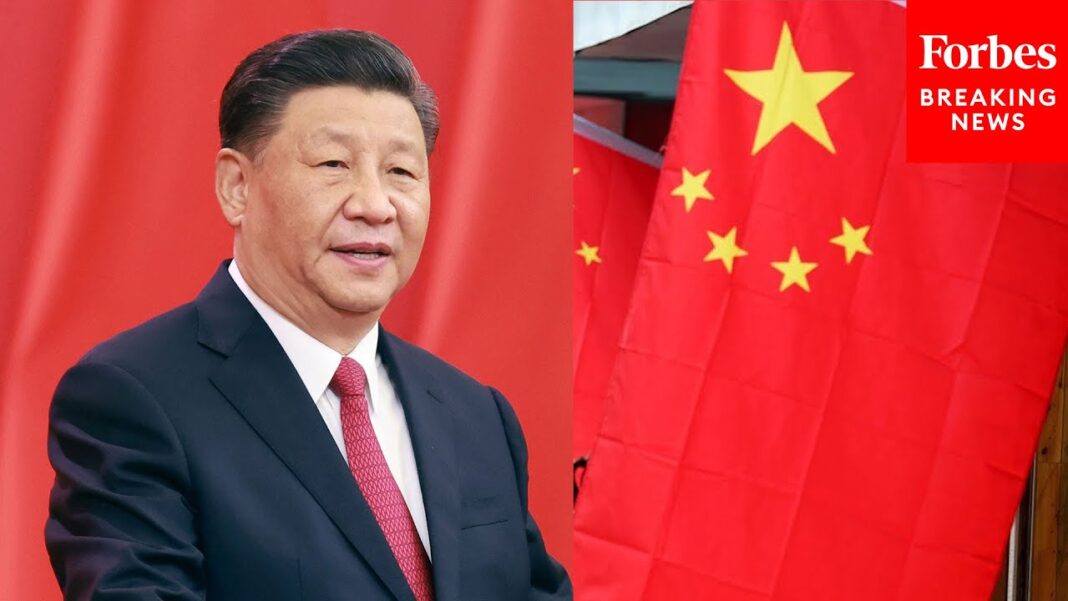Attacks on merchant vessels in the Red Sea by the Houthis are a threat to global shipping.
Reacting to the Israel-Hamas war, the Shia Islamist Houthi movement, officially known as Ansar Allah, has been attacking merchant vessels in the Red Sea. The attacks escalated during the weekend of Dec. 2, when Houthi rebels fired ballistic missiles, hitting three commercial vessels, and U.S. warships were forced to shoot down three drones. The United States announced that it would consider any measures to counter the Iran-backed Houthis, and U.S. officials have gone so far as to say that Iran is behind these attacks.
Yemen’s military is preventing Israeli naval vessels from accessing the Red Sea. At the same time, the Houthis are threatening Israel-flagged vessels. However, the ships that have come under attack have had various registrations and flags, including Panama, the Bahamas, and Norway. Their owners are based not only in Israel but also in the United Kingdom, Japan, and other countries.
The Houthis emerged as an opposition movement to the Saada Governorate of Yemen in the 1990s. They accused Yemen’s then-President Ali Abdullah Saleh of corruption and opposed the support he received from Saudi Arabia and the United States. In 2003, the group adopted the slogan of the Lebanese Shia terrorist organization Hezbollah: “God is the Greatest, Death to America, Death to Israel, Cursed be the Jews, Victory to Islam.” In 2004, the group’s leader, Hussein al-Houthi, was killed by the Yemeni army. Since then, his brother, Abdul-Malik al-Houthi, has held the reins of leadership.
The Houthi movement is primarily composed of Shia Muslims who have, at times, discriminated against Yemen’s Sunnis. On the other hand, they have also allied with Sunnis when it was convenient to do so. In general, the group is opposed to Israel and the United States and is critical of Arab or Muslim nations that ally with either.
Within Yemen, the Houthis have opposed peace talks that would have divided the country into regions, which would have weakened the group’s geographical control. In 2014, they shifted allegiance to longtime ruler Ali Abdullah Saleh, who held power from 1978 to 2012. The new ruler, Abdrabbuh Mansur Hadi, president from 2012 to 2022, faced Houthi opposition. The Houthis took over the capital city of Sanaa, placing Mr. Hadi under house arrest in 2014. Their unexpected alliance with Saleh against Mr. Hadi escalated the conflict into a civil war. Regional powers such as Saudi Arabia and the United Arab Emirates intervened in support of Mr. Hadi, while the United States provided support to the Saudi-led coalition. The Houthi-Saleh alliance began to crumble, leading to Saleh’s assassination by the Houthis in December 2017.






